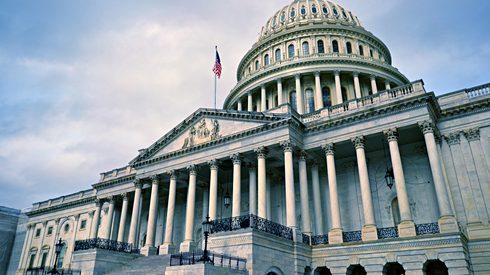Metals such as copper, lithium, nickel, manganese, cobalt and graphite are just some of the metals the UK government considers essential for transitioning to clean energy, Hatfield said.
“A new cohort of minerals for things like batteries, magnets and photovoltaics are needed to fuel this energy transition,” Hatfield said.
The prices of these metals boomed in the last year, with decarbonization and electrification driving demand, while supply and production across most metals remained tight due to a variety of factors including logistics, staffing shortage and weather-driven issues globally.
The London Metal Exchange’s three-month nickel price surged by 111% to a peak of more than $101,000 per tonne on March 8. The price fell to the still-high $33,055 per tonne during the open of Tuesday’s trading session.
Fastmarkets’ price assessment for lithium carbonate 99.5% Li2CO3 min, battery grade, spot prices cif China, Japan & Korea stood at $75-78 per kg Monday, up by more than 91% compared with the beginning of the year.
Fastmarkets’ price assessment for cobalt standard grade, in-whs Rotterdam was assessed at $39.15-40 per lb Monday, up more than 17% from the beginning of the year. It is the first time since July 2018 the range has touched $40 per lb.
“It’s important to recognize that critical minerals markets are complex and distorted,” Hatfield said. “We have rapid growth here via ambitious decarbonization targets, which could outstrip the pace of supply.”
Critical minerals remain exposed to growing supply and price risks due to geopolitical tensions such as sanctions.
“Supply chains are highly concentrated geographically for extraction and processing,” he added.
Part of the UK government’s strategic supply strategy will be to launch a critical minerals intelligence center which will “dynamically monitor critical minerals supply chains,” Hatfield said.
Western countries have increasingly emphasized the need to localize supply chains following increasingly expensive and complex logistics as well as disruptions to supply chains due to rising global geopolitical tensions.
Both the European Union and the United States have announced initiatives related to bolstering local battery material supply chains to meet decarbonization goals. Market participants have also been calling for western governments, such as the US, to form such initiatives.






